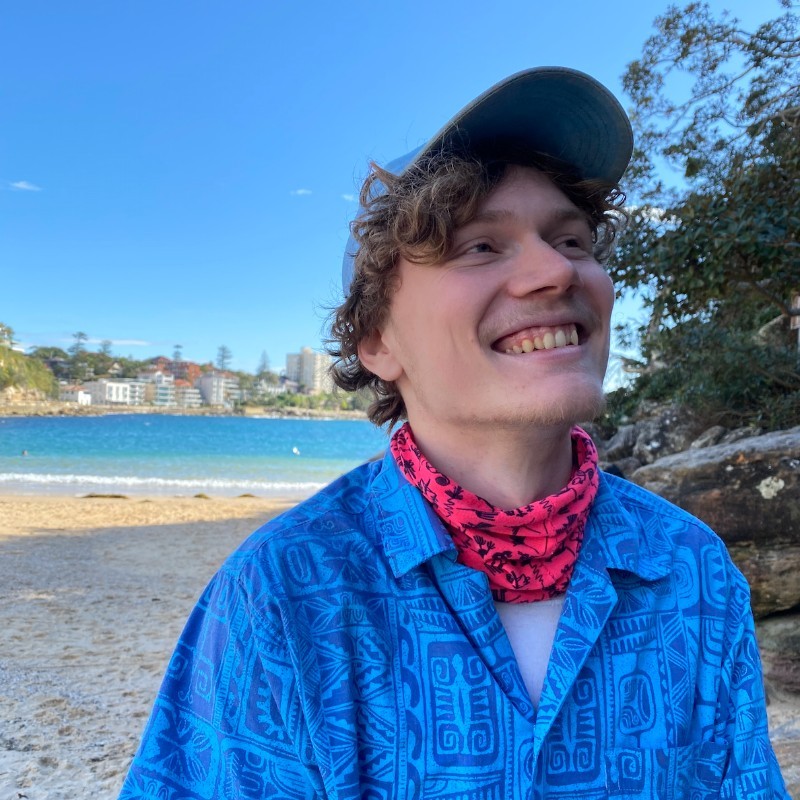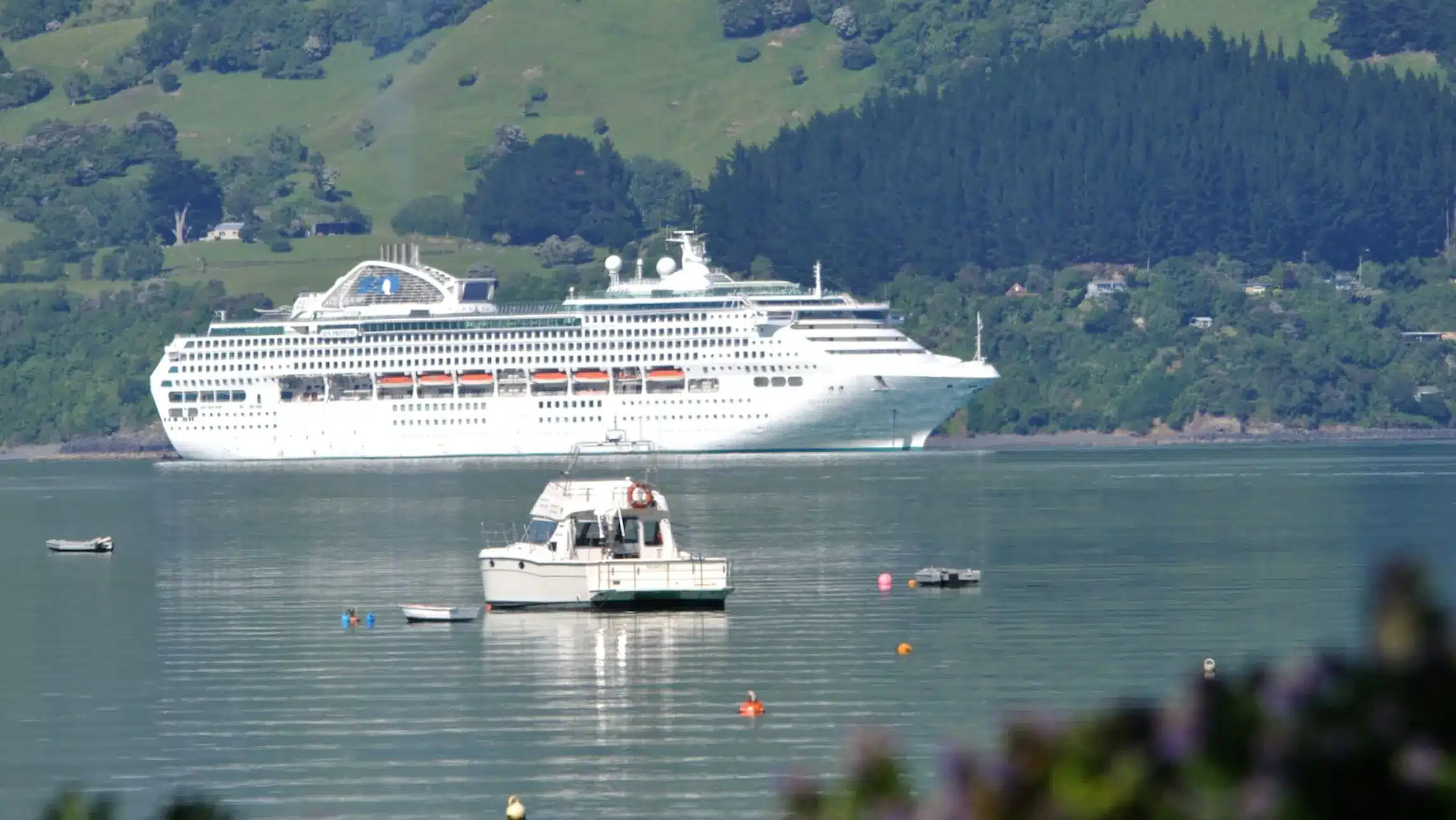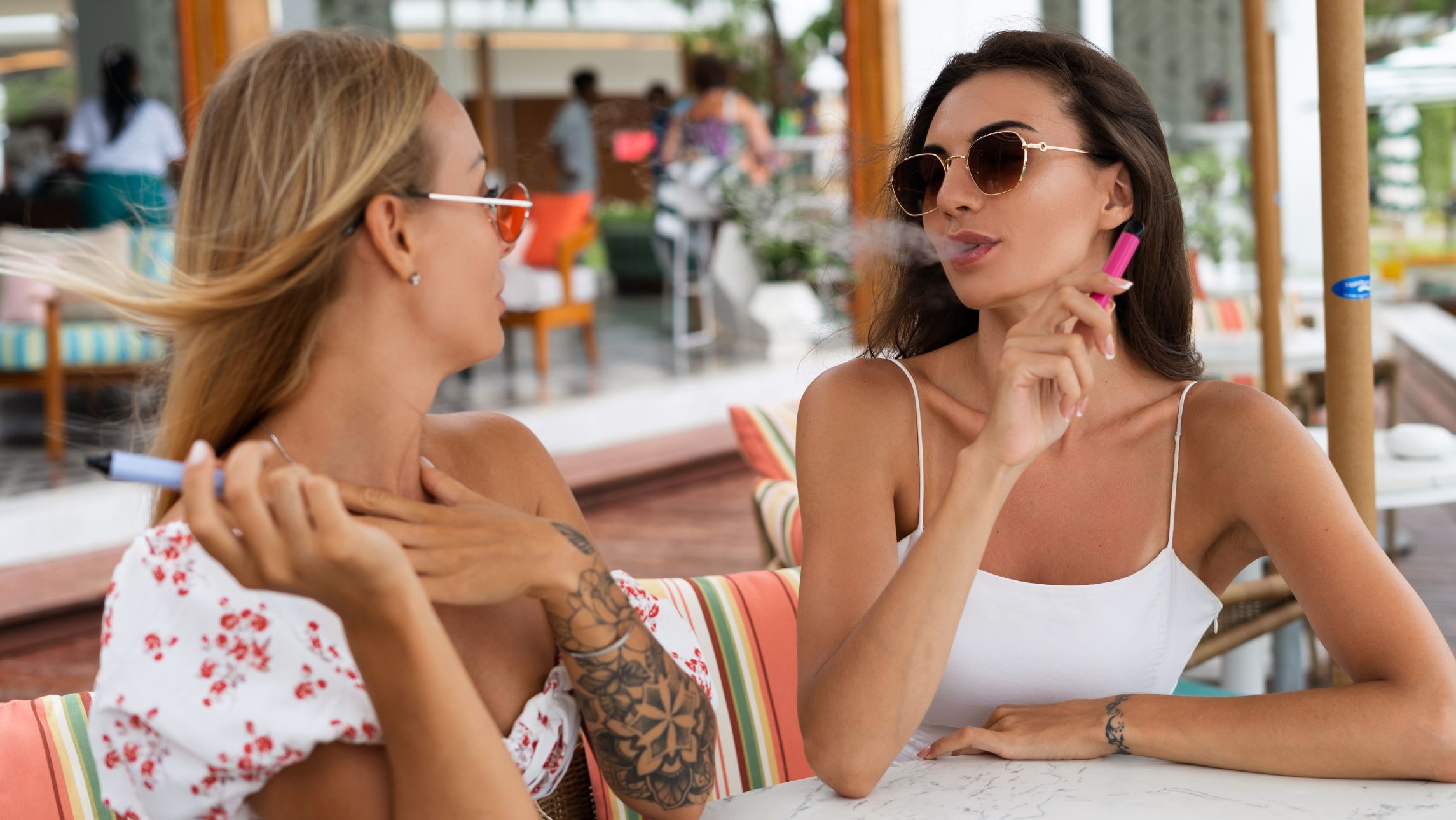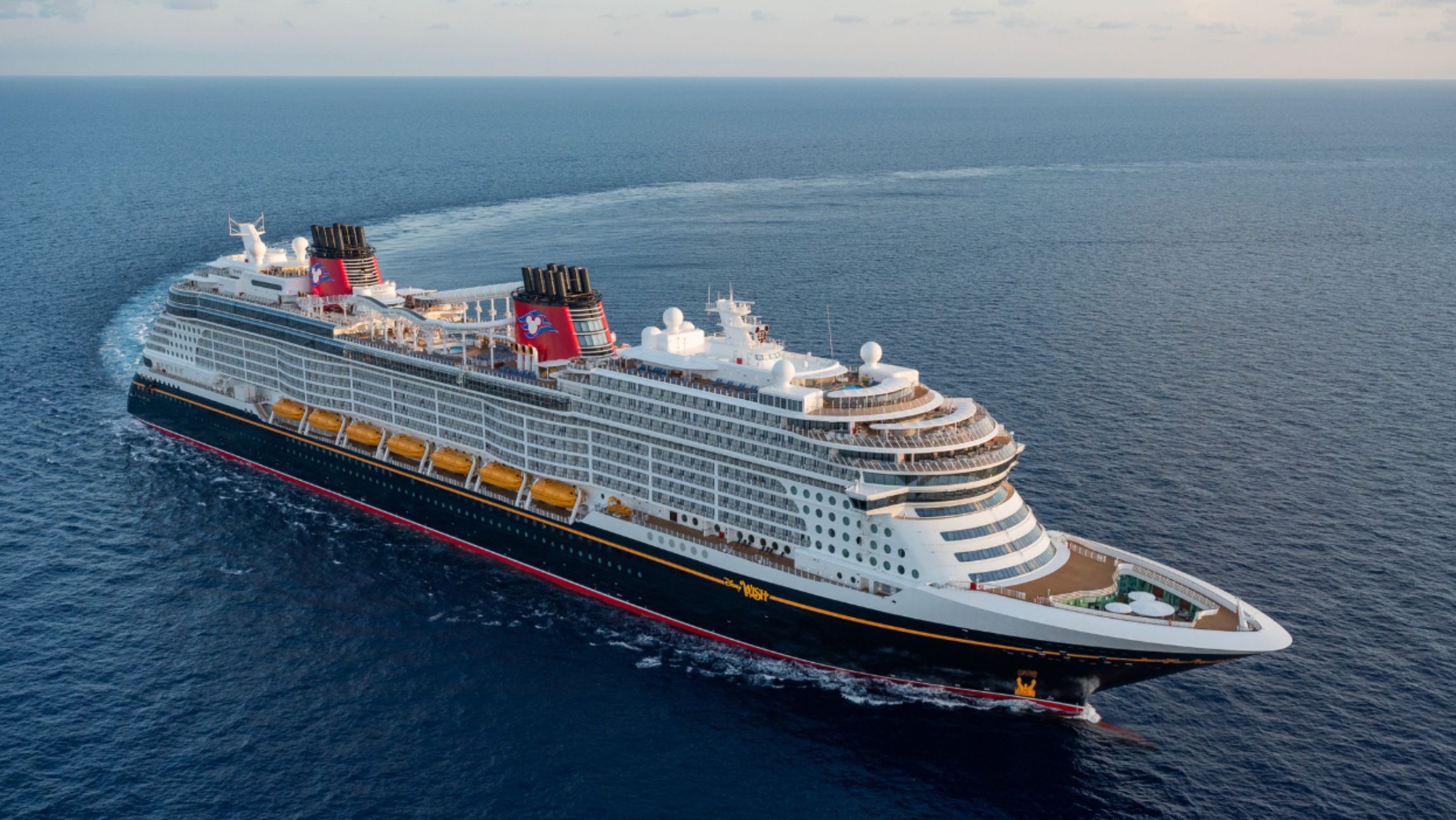Last year, New Zealand’s return to cruise was marred by a series of ships being denied entry to the country’s national parks due to biofoul regulations.
But Biosecurity New Zealand (MPI) deputy director-general Stuart Anderson says that despite the issues, the department has seen a major improvement in overall compliance and cleanliness.
Only four ships were turned away from New Zealand. Pacific Adventure was denied entry due to contaminated hull. The other three cruises were delayed and also required further cleaning.
How the cruise industry performed
“This season to date, only one of the 54 cruise vessels expected to arrive here for approximately 1100 port visits, did not entered New Zealand waters. This was because it was unable to meet our biofouling standards. These are vital for protecting our marine ecosystems and economy.
“Three other non-compliant vessels had restricted itineraries and were subject to further education.
“The drop in biofouling issues is a good result. Especially when you consider there’s been an increase of about 25 per cent in vessels arriving this season.”
Anderson speaks highly of the regulations and acknowledges the effort of the cruise industry to improve compliance.
“Biosecurity New Zealand has worked closely with cruise companies to help them understand and meet our biofouling rules. These are among the strongest in the world for good reason. They ensure visitors and New Zealanders will enjoy our special marine areas, such as Fiordland, for generations to come.
“We’ve had some new cruise providers arrive in New Zealand this year and they’ve adapted well to meeting our requirements.
“I want to thank the cruise industry for their efforts to combat biofouling as it continues to be a major biosecurity threat. We know that almost 90% of the exotic marine species already in New Zealand likely arrived here as marine growth on the submerged surfaces of international vessels.”
The punishment
The MPI standards read: “If vessels are found non-compliant they will be directed to either manage the biosecurity risk or to leave New Zealand.”
Consequences have proved dramatic. Cruisers from Pacific Adventure missing their own wedding due to the ships failure to meet the MPI’s standards.
Entry conditions are strictest for New Zealand’s national parks. This accounts for prime cruise destinations like Milford Sound and Bay of Islands.
Molluscs and algae that arrive in New Zealand via the underside of ships account for 87% of non-native marine species found. However, it should be noted this is not specific to cruise ships. Furthermore, biofouling rules apply to all ships of 20 or more passengers.









